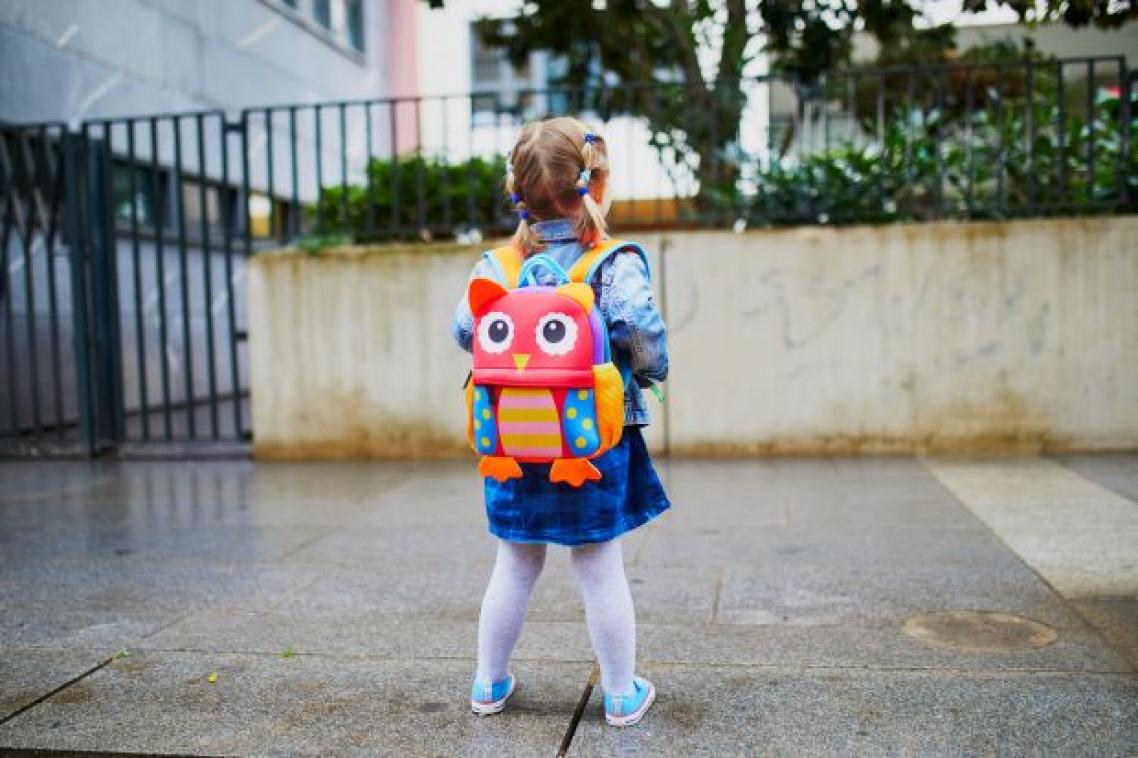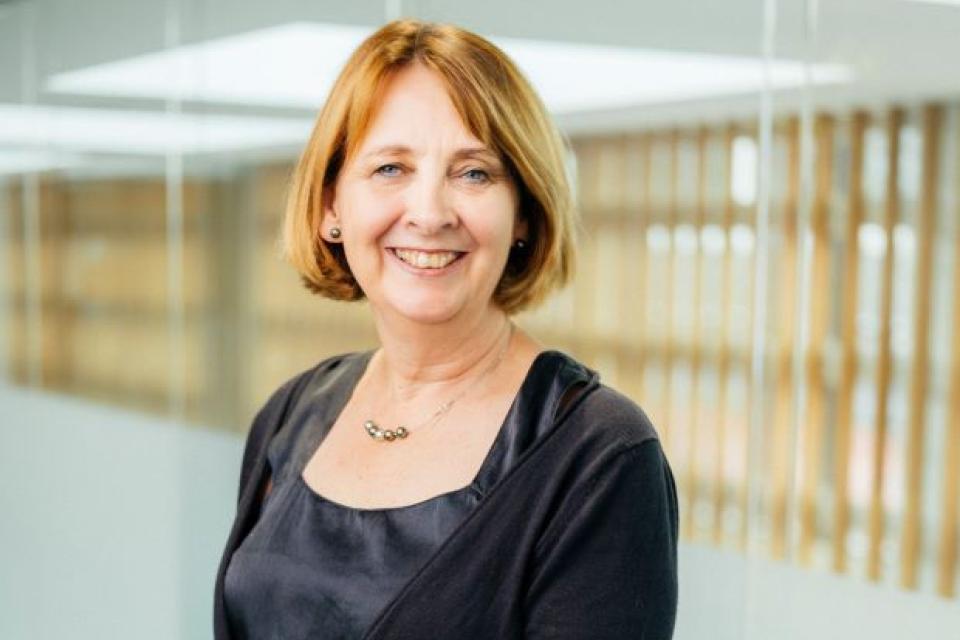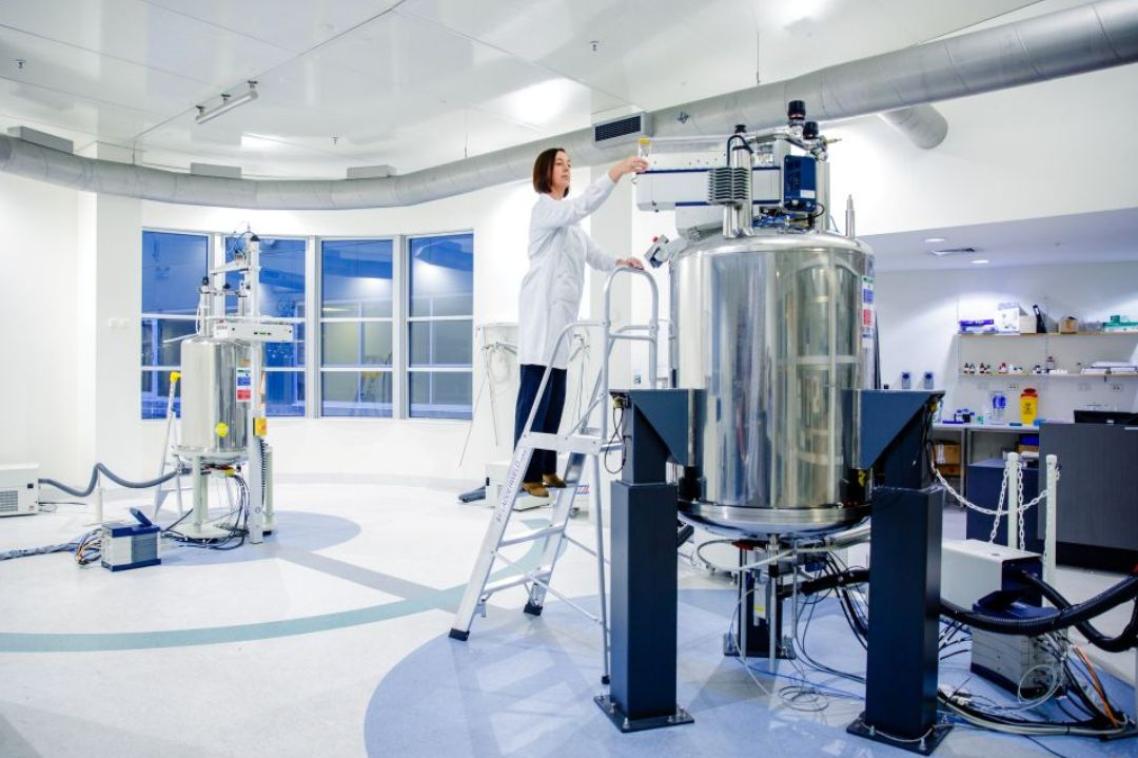Optimising the 10,000 hours that set children up for life

The Australian Research Council (ARC) will support a University of Queensland large-scale, longitudinal study of 600 children and their early education experiences.
Professor Karen Thorpe of UQ’s Queensland Brain Institute has been awarded an ARC Laureate Fellowship worth $3.3 million over five years to investigate what constitutes a quality early learning and care program.
Professor Thorpe said a child’s experiences in their first five years shape their brain’s architecture, impacting how they fare at school and in life.
“An Australian child can spend 10,000 hours in early care and education programs before they start school and it’s a critical period for their development,” Professor Thorpe said.

“Through research and work with industry partners, we aim to understand why some programs don’t deliver on the promise of quality education and highlight examples of programs that work well.
“Australia invests tens of billions of dollars each year in early education and care, and it’s important to ensure as a nation that we’re delivering the highest quality learning opportunities for our children.
“This study will contribute new knowledge to support this promise.”
Professor Thorpe’s research will involve Queensland children in early education and care across diverse settings and geographic locations.
“The ARC-funded research will extend beyond the initial five years, thanks to the Queensland Government,” Professor Thorpe said.
“Using school records, we will be able to track the students’ progress through to the end of their school years.
“Ultimately, I hope this research will inform policy and practice that improves children’s experiences in their early years, promotes development and learning when they enter school, and supports ongoing opportunities in their lives,” she said.
Professor Thorpe’s research builds on work by the Science of Learning Centre, a collaboration between the Australian Council for Educational Research and QBI, to understand effective teaching and learning practices.
Image above left: Professor Karen Thorpe, Queensland Brain Institute, The University of Queensland.
Media: Professor Karen Thorpe, k.thorpe@uq.edu.au, +61 (0)422 975 900; Queensland Brain Institute Merrett Pye, merrett.pye@uq.edu.au, +61 (0)422 096 049 or Elaine Pye, e.pye@uq.edua.u, +61 (0)415 222 606.
Related articles

UQ experts recognised for national impact

Anyone can be a hacker with AI – so what does that mean for the cyber defence industry?
Media contact
UQ Communications
communications@uq.edu.au
+61 429 056 139
